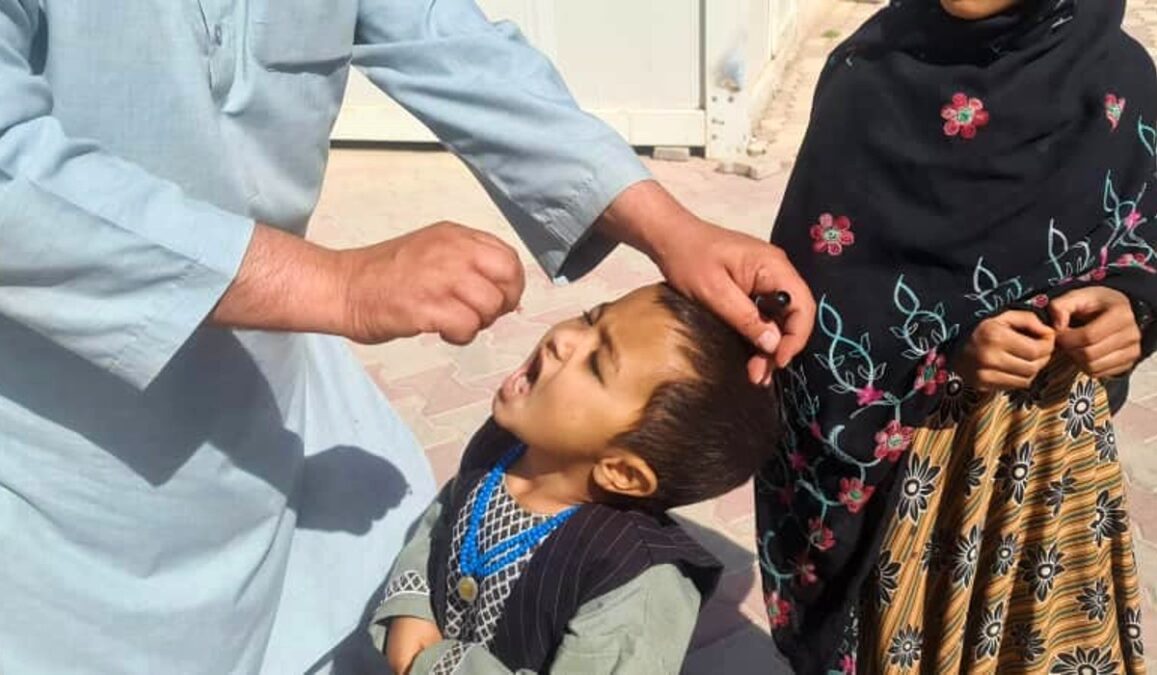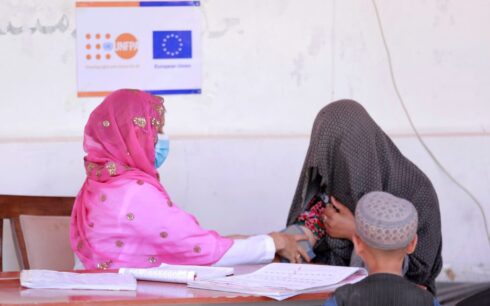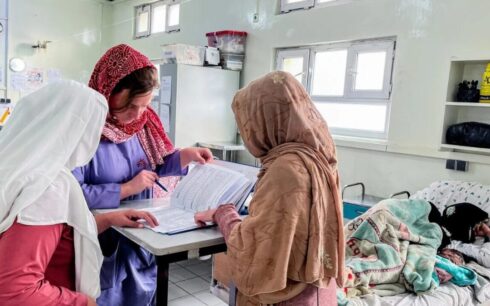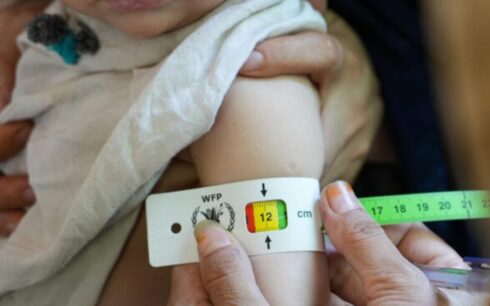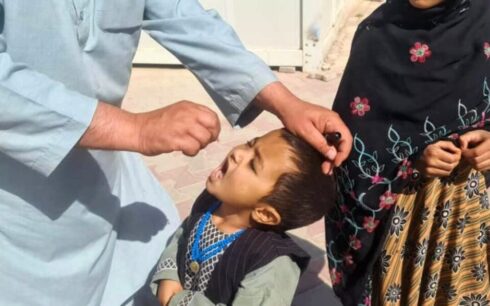The head of the World Health Organization on Monday said that polio remains the only official global health emergency and that last year there was an increase in the disease after “an all-time” low of only five cases worldwide in 2021.
Addressing the WHO’s annual health assembly in Geneva on Monday, Tedros Adhanom Ghebreyesus said there had been 20 cases in Pakistan, two in Afghanistan and eight in Mozambique. For this year, there have been three reported cases of polio – one in Pakistan, and two in Afghanistan. These cases were reported “just last week”, he said.
“Last year, three million children previously inaccessible in Afghanistan received polio vaccines for the first time,” he said, adding that donors pledged $2.6 billion in October to support the push for eradication.
“At the same time, as part of the polio transition, more than 50 countries have integrated polio assets to support immunization, disease detection and emergency response.
“We must make sure that the significant investments in polio eradication do not die with polio, but are used to build the health systems to deliver the services that these communities so badly need,” he said.
“After all, we haven’t truly helped a child if we protect her from polio but she dies from measles,” Tedros stated.
The 10-day annual World Health Assembly in Geneva, which coincides with the body’s 75th anniversary, is set to address global health challenges including future pandemics.
Monday’s speech by Tedros meanwhile came just weeks after the organization ended the global emergency status for the COVID-19 pandemic and on the subject, the WHO chief said it was time to advance negotiations on preventing the next one.
“We cannot kick this can down the road,” he told member states, warning that the next pandemic was bound to “come knocking”.
“If we do not make the changes that must be made, then who will? And if we do not make them now, then when?” he said.
The WHO’s 194 member states are currently negotiating reforms to the binding rules that fix their obligations in the event of an international health threat and are also drafting a broader pandemic treaty that is up for ratification next year.
“A commitment from this generation (to a pandemic accord) is important because it is this generation that experienced how awful a small virus could be,” he said.
Countries are also set to consider the WHO’s 2024-2025 budget later on Monday, which includes increases to countries’ annual fees.

